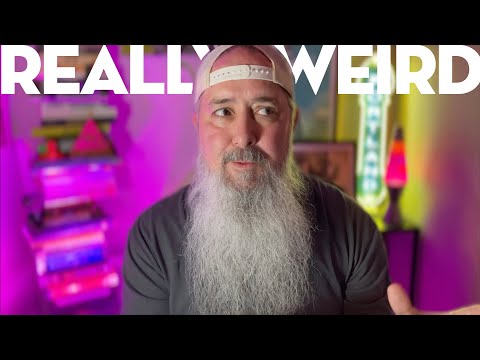Here’s a roundup of interesting startup links I came across today:
The semiconductor giant plans to lay off 15% to 20% of workers in its Intel Foundry division starting in July, according to an internal memo originally reported on by The Oregonian. Intel Foundry designs, manufactures, and packages semiconductors for external clients.
The Portland metro region is known for its vibrant startup and small business community, and tomorrow, Gresham is taking center stage.
Time to gather ’round the campfire (er, pub table) for some product storytelling! Join us Friday, June 20th, at Three Mugs Public House in Beaverton for a summer camp-style lunch of shared stories, friendly competition, and relaxed networking with the product community.
U.S. President Donald Trump will issue another extension to decide the fate of TikTok, pushing it by 90 days, the White House said on Tuesday. The current extension, which was signed in April, was set to expire on Thursday, June 19.
Over the past year, we’ve worked with dozens of teams building large language model (LLM) agents across industries. Consistently, the most successful implementations weren’t using complex frameworks or specialized libraries. Instead, they were building with simple, composable patterns.
While Pano AI is not the first to use cameras and AI for wildfire detection, it has emerged as a leader in integrating these technologies at scale and providing a managed service to both public and private sector clients. Its client base includes over 250 first responder agencies and 15 major utilities, such as Arizona Public Service, Portland General Electric, and Xcel Energy.
Leaving your job to build a startup in Oregon’s innovation ecosystem is a bold and potentially life-changing decision. But it shouldn’t be a blind leap.
As Google and Anthropic both study how their latest AI models navigate early Pokémon games, the results can be as amusing as they are enlightening — and this time, Google DeepMind has written in a report that Gemini 2.5 Pro resorts to panic when its Pokémon are close to death. This can cause the AI’s performance to experience “qualitatively observable degradation in the model’s reasoning capability,” according to the report.
The authors of the 52-page “California Report on Frontier Policy” said that AI capabilities — including models’ chain-of-thought “reasoning” abilities — have “rapidly improved” since Newsom’s decision to veto SB 1047. Using historical case studies, empirical research, modeling, and simulations, they suggested a new framework that would require more transparency and independent scrutiny of AI models. Their report is appearing against the backdrop of a possible 10-year moratorium on states regulating AI, backed by a Republican Congress and companies like OpenAI.
But while the number of unicorns has continued to climb, exits have not kept pace. Today, the board hosts more than 1,500 companies, collectively valued at $6 trillion — most of which have not raised at a disclosed valuation in over three years. The board has continued to grow across all metrics, albeit at a slower pace.
Portland Pet Food Co. launched in Portland in 2014. Founder Katie McCarron started the human-grade pet meals and treats business after her 14-year-old poodle, Rosie, stopped eating. McCarron began cooking for Rosie, who started eating again and lived to the age of 17.
More Portland startup news

